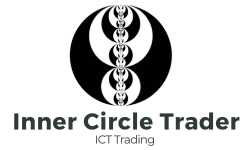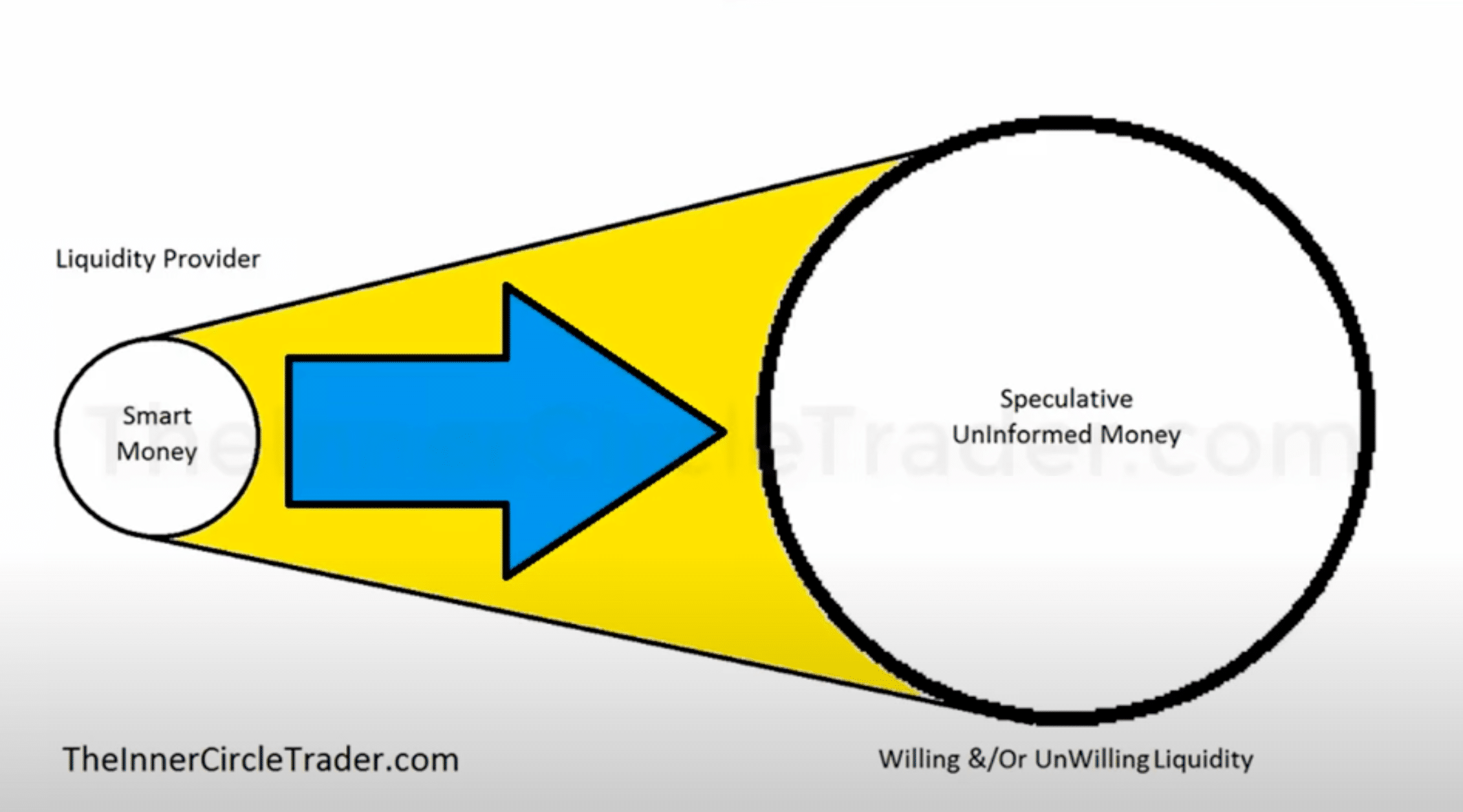Welcome to the third lesson in our eight-part series for the ICT Mentorship’s first month. This session focuses on developing a successful trading mindset, challenging traditional retail trading approaches. This is especially beneficial for new traders, offering a new outlook unclouded by common misconceptions.
Understanding Market Psychology
Key Point: The crux of this mentorship is to grasp the psychology of informed trading, contrasting sharply with the approach of uninformed or speculative traders.
- Informed vs. Uninformed: Understanding the difference between informed decisions and speculative guesses.
- Role of ‘Victim’ in Trading: Identifying the less informed party in a trade.
- Myth-Busting: Dispelling the myth that market movements are solely based on technical indicators.
The Uninformed Trader’s Perspective
Key Point: Many traders, particularly those new or less experienced, believe that market movements are largely controlled by technical indicators like overbought or oversold conditions.
- Belief System: The assumption that indicators are the primary drivers of market movement.
- Mindset Change: The session’s goal is to shift this belief towards a more nuanced understanding of market dynamics.
- Indicator Reliance: Addressing the common pitfall of relying too heavily on technical indicators for trading decisions.
Shifting Your Trading Mindset
To adopt a smart money perspective, traders need to change how they view the market. Realize that the market is not just about equal opportunities – big players like central banks and financial giants often have the upper hand in setting prices. Understanding this power dynamic is crucial for creating a trading strategy that works in the real world, not just in theory.
Understanding the Core of Market Movements
Key to market analysis are four main concepts: Retracement, Expansion, Reversal, and Consolidation. These are the primary drivers of price action.
- Retracement: A temporary reversal in the existing trend, offering new entry points.
- Expansion: A strong directional movement, indicating a powerful trend.
- Reversal: A complete change in the market direction, signaling a new trend.
- Consolidation: A period where prices stabilize, indicating a balance between buyers and sellers.
First Steps for New Traders
For those new to trading, the mentorship suggests starting with the basics. This includes:
- Daily Price Action Log: Keeping a record of daily market movements.
- Chart Analysis: Regularly analyzing charts to understand significant price movements and patterns.
- Highs and Lows: Noting important highs and lows and areas where prices shift rapidly.
Building a Strong Trading Foundation
The mentorship encourages a deep understanding of the market context. This foundational knowledge is vital before exploring specific trading techniques, helping traders make more informed decisions.
Conclusion
The ICT Mentorship provides a holistic view of financial markets from an informed trading standpoint. Moving away from traditional retail trading thinking, it helps traders gain a deeper insight into market workings. Both new and experienced traders can benefit from this approach, building a strong foundation and refining their strategies for better trading success.

